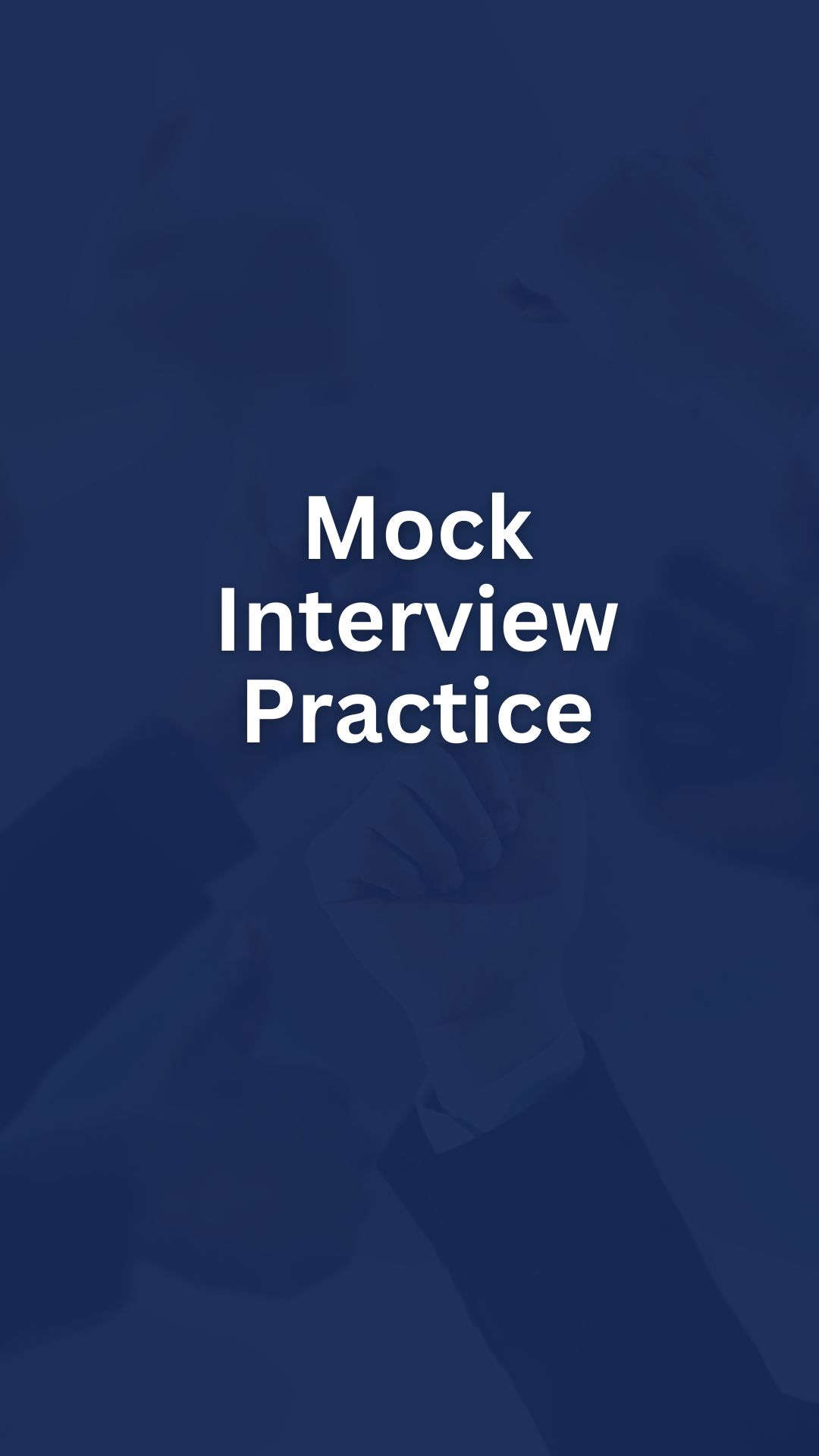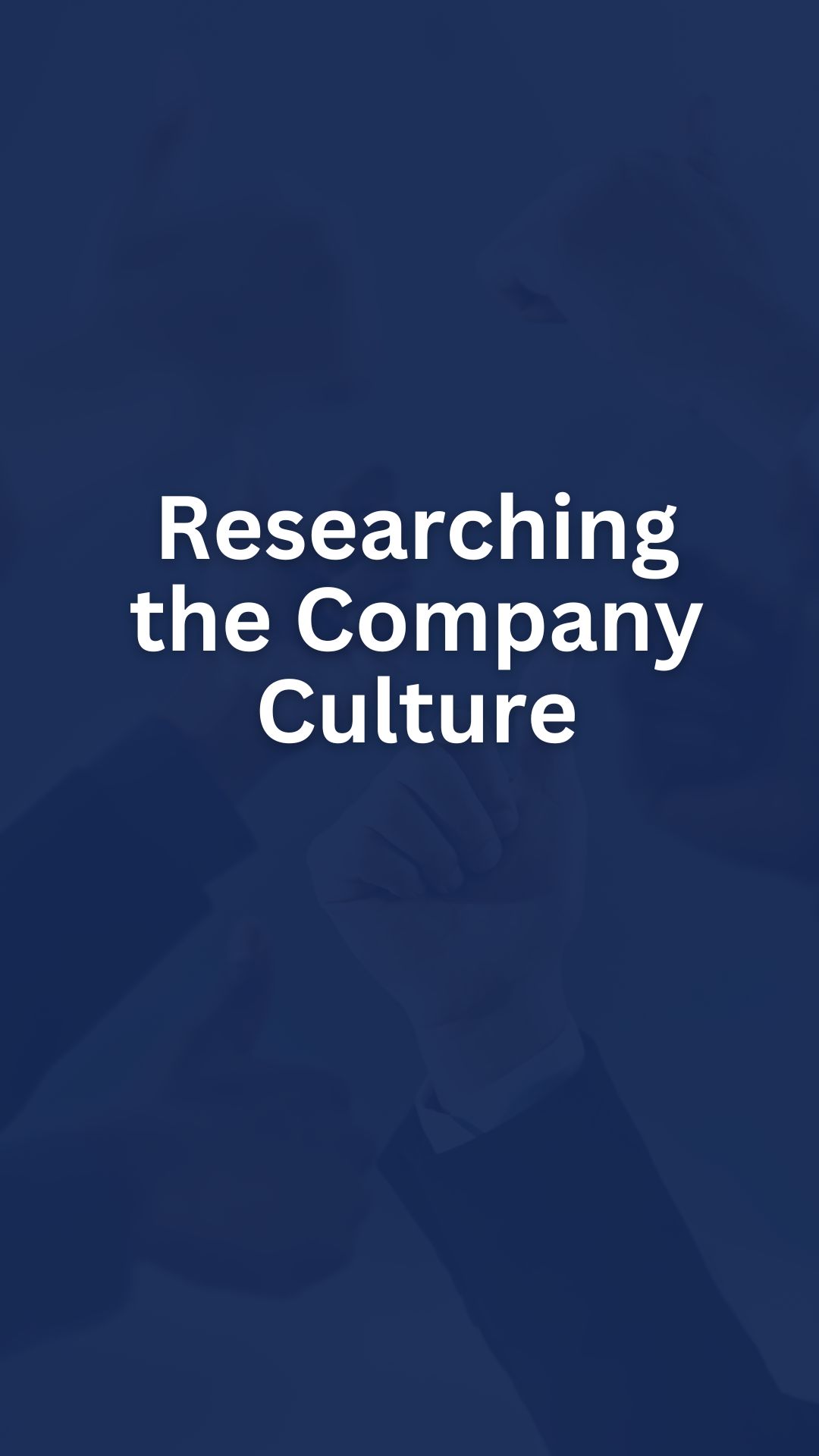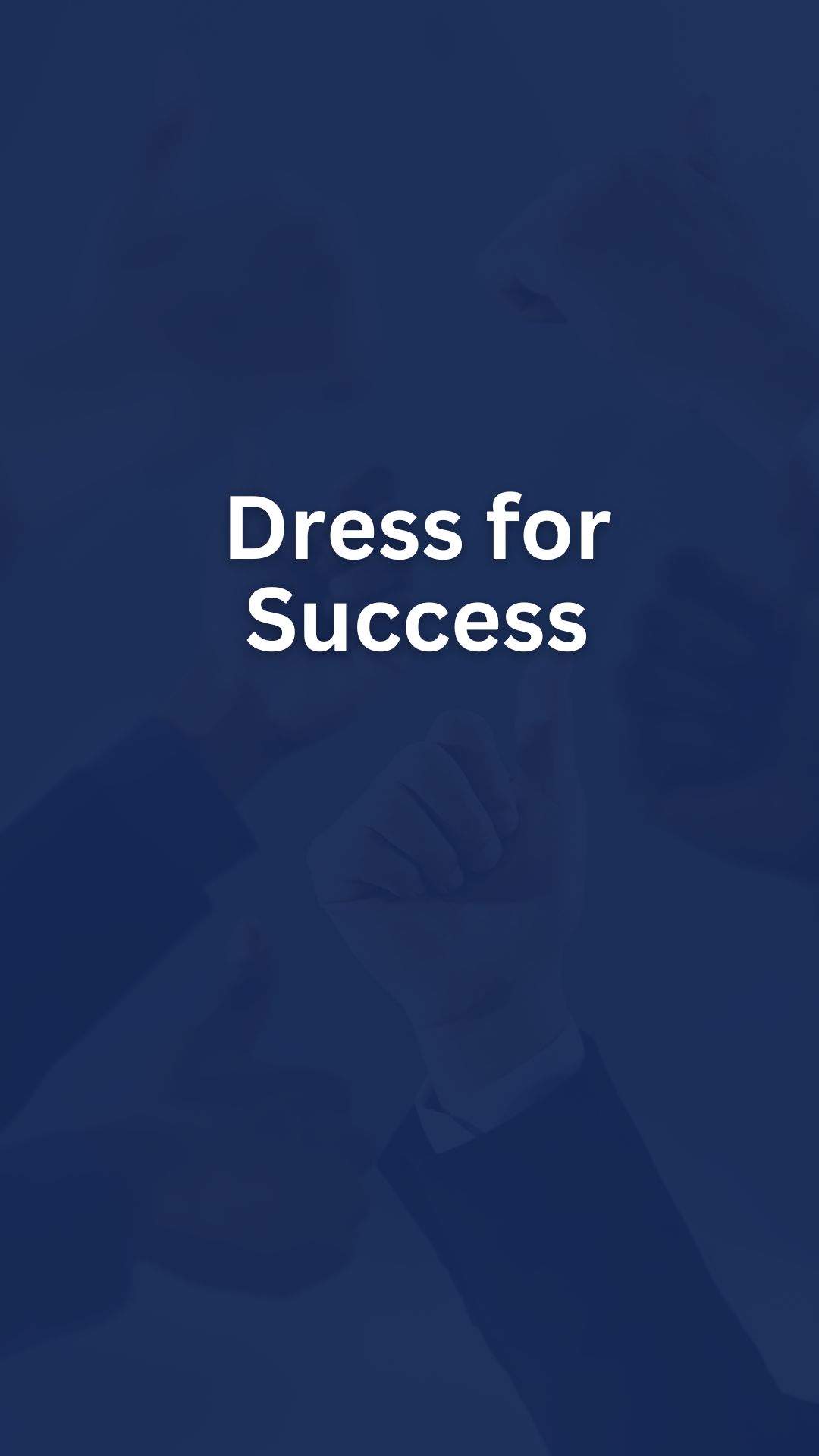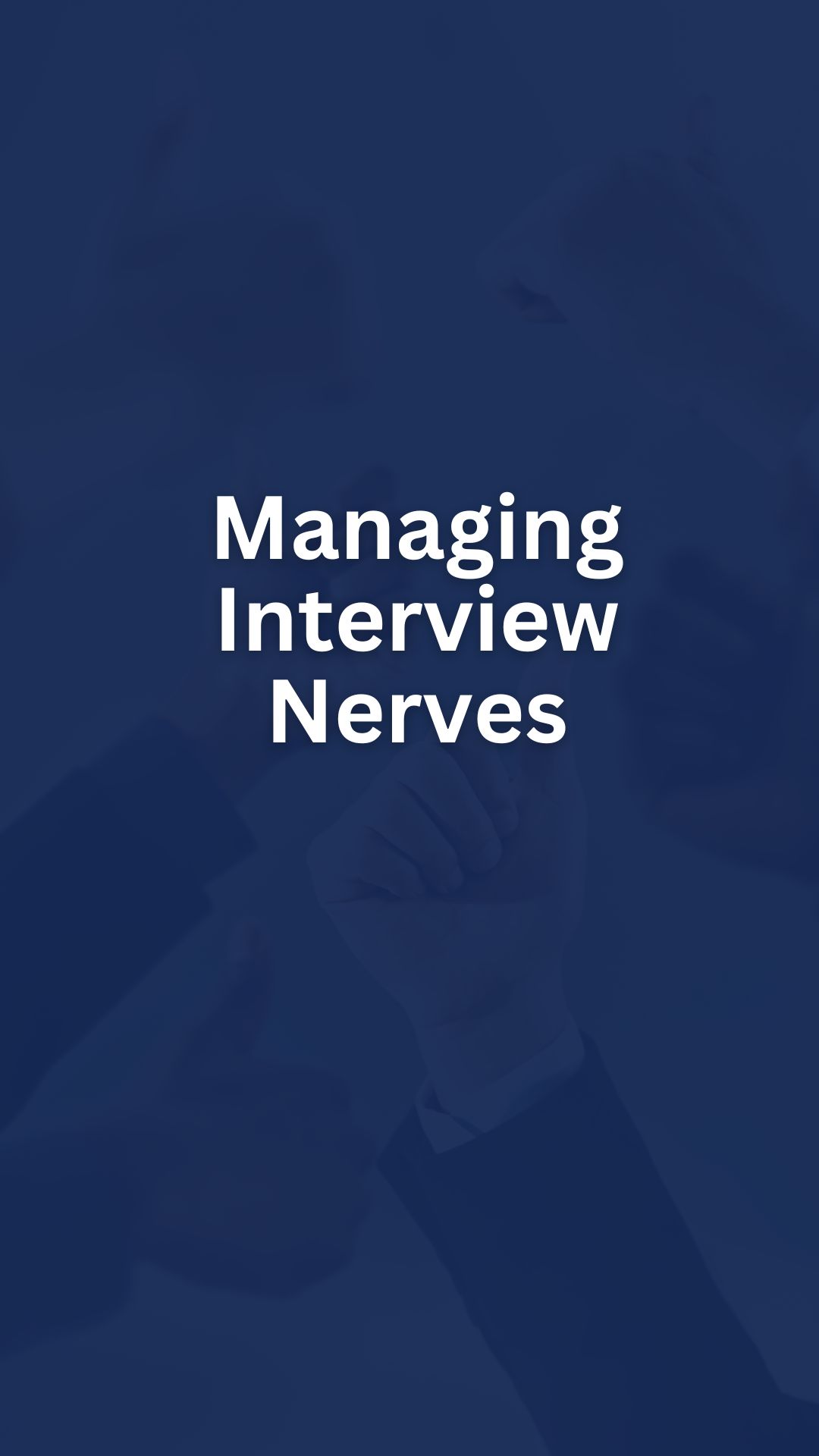Preparing for a behavioral job interview can feel daunting, but it’s a great way to show off your skills and experiences.
You’ll want to highlight specific examples from your past to illustrate your abilities.
Think of times when you faced challenges and how you handled them.
You’ll need to practice your answers to typical questions like, “Can you tell me about a time when you worked as part of a team?” or “Describe a situation where you had to solve a problem.”
These stories will help your interviewer see how you think and act in real-life situations.
Remember, your goal is to be honest and show your true self. This helps employers understand if you’ll be a good fit for their team.
So, start gathering your stories now and you’ll be ready to impress!

Understanding Behavioral Interviews
Behavioral interviews are a way for employers to predict how you might behave in the future. They ask about past experiences to learn about your skills and behavior.
Companies use behavioral interviews because they believe past actions are the best predictors of future actions. This helps them understand if you fit their needs.
You might hear questions that start with “Tell me about a time when…” or “Give an example of…”
Here are some common skills employers look for in these interviews:
- Communication
- Teamwork
- Problem-solving
- Leadership
It’s helpful to use the STAR method to answer behavioral questions:
S – Situation: Describe the situation you were in.
T – Task: Explain the task you had to complete.
A – Action: Describe the actions you took.
R – Result: Share the result of your actions.
Practice using the STAR method to tell clear and concise stories. This will make you feel confident and prepared.
Remember, be honest and specific in your answers! This will help you stand out from other candidates.

Analyzing the Job Description
Understanding the job description is key to preparing for a behavioral interview.
Start by looking at the required skills and qualifications. Make a list of these key points so you know what the employer is looking for.
Key Sections to Focus On:
- Responsibilities: Know what tasks the job entails.
- Qualifications: What skills or experience they require.
- Company Values: Understand the company’s mission and culture.
Create a Table:
| Section | What to Find |
|---|---|
| Responsibilities | Key tasks you’ll be doing |
| Qualifications | Skills or experiences you need |
| Company Values | What’s important to the company and how you can align with it |
Highlight Important Points:
Use a highlighter or make notes next to key requirements. This helps you remember what the company values most.
Match Your Skills:
Think about your past experiences. How do they align with the job description? Prepare stories that showcase your skills related to the key points you noted. This will help you answer behavioral questions effectively.

Identifying Key Competencies
When preparing for a behavioral job interview, you need to recognize the essential skills and traits required for the role. These usually fall under industry-specific skills and soft skills.
Industry-Specific Skills
Industry-specific skills are technical abilities or knowledge needed for a particular job or field.
For example, if you’re applying for a software engineering position, knowing programming languages like Python and Java is important.
If you’re heading into finance, you need to understand financial modeling and data analysis.
Research common skills in your industry. Look at job descriptions, talk to industry professionals, and review your own experience to identify relevant skills.
Create a list and be prepared to discuss how you’ve used these skills in past roles. Employers want to see evidence that you can hit the ground running.
Soft Skills
Soft skills are personal attributes that enable you to interact effectively with others.
Communication, teamwork, and problem-solving are highly valued across all industries.
For instance, you might highlight a time you led a team project to success or how you resolved a conflict at work creatively.
Make a list of your best soft skills. Think of specific examples where you used these skills in your past jobs or experiences.
Practicing your stories will help you sound more confident. These skills show you’re a well-rounded candidate and can adapt to different situations.
Crafting Your Stories
To ace your behavioral job interview, it’s crucial to have well-crafted stories ready. These stories should highlight your skills and experiences that match the job requirements.
Using the STAR Technique
S = Situation: Describe the situation you were in. This sets the context for your story.
T = Task: Explain the task you had to complete. What were the specific challenges or duties involved?
A = Action: Detail the actions you took to address the task. Focus on what you did, not the team.
R = Result: Share the outcome. Highlight positive results, including any measurable achievements or lessons learned.
By breaking down your stories using the STAR technique, you can clearly and concisely demonstrate your abilities and impact.
Practice your stories ahead of time to ensure you can present them confidently and smoothly in the interview.

Mock Interview Practice
Mock interviews are a great way to get ready for a real interview.
Start by asking a friend or family member to help. They can act as the interviewer and ask you common behavioral questions.
Practicing this way helps you get used to talking about your skills and experiences.
Below are a few example questions to practice:
- Can you tell me about a time when you worked on a team?
- Describe a situation where you had to solve a difficult problem.
- How do you handle stress or pressure?
Record yourself during these mock interviews. Watching the recordings later can give you insights into your body language and speaking habits.
It’s a fantastic way to catch areas where you can improve, like avoiding fillers such as “um” or “uh.”
Use a mirror if you don’t have someone to help you. Stand in front of it and ask yourself the questions out loud.
This might feel silly at first, but it’s very helpful for building confidence.
Finally, focus on your answers. Make sure your responses follow the STAR method: Situation, Task, Action, and Result. This structure keeps your answers clear and to the point.

Researching the Company Culture
Before your interview, it’s important to know as much as possible about the company’s culture. This can help you show you’re a good fit.
Visit the company’s website: Spend some time on the “About Us” and “Careers” pages. Look for keywords like innovation, teamwork, or customer-focused.
Check social media: Follow the company on platforms like LinkedIn, Twitter, and Facebook. Notice what they post about and how they interact with followers. This can give you a sense of their values.
Read reviews on sites like Glassdoor: Former and current employees often share their experiences. Look for common themes in what they say about the work environment.
Talk to current or former employees: If you know someone who works or has worked there, reach out. Ask them to describe the company culture.
Observe the company’s products or services: How the company markets itself can offer clues. Are their advertisements fun and creative, or serious and professional?
Take note of the company’s mission statement: This is usually found on their website. It can show you what the company values most.
Use the company’s tone and language: If they use formal language, be a bit more professional in your interview. If they’re more casual, be friendly and relaxed.

Preparing Your Questions for the Interviewer
Take some time to think about questions you want to ask the interviewer.
What to Ask:
- About the Team: Ask about the team you’ll be working with. What are their roles? What is the team culture like?
- Daily Tasks: Inquire about what a typical day looks like in this role.
- Career Growth: Find out if there are opportunities for advancement and development.
Why to Ask:
- Understand the Role: Your questions can help you understand more about the job and if it fits you.
- Show Interest: Good questions show that you are genuinely interested in the position.
- Red Flags: Asking questions can also help you spot any potential red flags before accepting a job offer.
How to Prepare:
- Research the Company: Look up information about the company so your questions are informed and relevant.
- List Your Questions: Write your questions down. Having them ready can help you stay calm and focused.
- Be Specific: Tailor your questions to the role and the company. Avoid vague or broad questions.

Dress for Success
First impressions matter! What you wear to a behavioral job interview can make a big difference. Dressing well shows that you are serious and respect the interview process.
Tips for Men
- Suit: A well-fitted suit in a dark color like navy or gray.
- Shirt: Crisp, white or light-colored dress shirt.
- Tie: Conservative tie; stay away from flashy patterns.
- Shoes: Polished, professional shoes.
Tips for Women
- Suit: A tailored suit in a dark or neutral color.
- Blouse: Simple, solid-colored blouse.
- Shoes: Closed-toe shoes with a moderate heel.
- Accessories: Minimal jewelry and makeup.
Keep your clothes clean and ironed. Pay attention to details such as neat hair and trimmed nails.
Common Do’s and Don’ts
| Do | Don’t |
|---|---|
| Wear clean clothes | Wear jeans or t-shirts |
| Polished shoes | Wear sneakers |
| Subtle accessories | Overdo with makeup |
| Simple hairstyles | Casual or messy hair |
Dressing appropriately makes you feel confident. When you dress the part, you are more likely to perform well!
Make sure to choose an outfit that fits well. Avoid anything too tight or too loose. Comfort is key. This helps you focus on answering questions instead of adjusting your clothes.

Managing Interview Nerves
Feeling nervous before a behavioral job interview is normal. Here are some tips to help you stay calm and confident.
Prepare Ahead
List your achievements. Review your resume. Then, think of examples to answer common behavioral questions.
Practice Makes Perfect
Practice answering questions out loud. Record yourself and watch the playback. You can also practice with a friend or family member.
Stay Positive
Think positive thoughts. Visualize a successful interview. Then, remember your strengths.
On the Day of the Interview
Arrive early to avoid rushing. Find a quiet place to relax. Then, take a few deep breaths.
During the Interview
Focus on your breathing. Take a moment to think before answering. Lastly, speak slowly and clearly.

Follow-Up Etiquette
After your interview, it’s vital to follow up. This shows you are keen and professional.
Send a Thank-You Email
Write a thank-you email within 24 hours. Make sure to mention something specific from your interview.
Example:
“Thank you for discussing the role with me. I enjoyed learning about your team’s projects.”
Be Polite and Professional
Always keep a polite tone. Avoid slang or overly casual language.
Reiterate Your Interest
Tell them you are still interested in the job. This reminds them of your enthusiasm.
Ask for the Next Steps
It’s okay to ask what the next steps are. This helps you know what to expect.
Example Questions:
- “When can I expect to hear back?”
- “Are there any further steps I should prepare for?”
Proofread Your Email
Check for spelling and grammar mistakes. A typo can look unprofessional.

Reflecting on the Interview Experience
Take a moment to think about how you felt during the interview. Did you feel prepared and confident, or were there moments of doubt? This can help you understand your strengths and areas for improvement.
Write down the questions you were asked and think about your answers. Did you provide clear and concise responses? Were there any questions that caught you off guard?
Talk to others about your experience. Sometimes discussing the interview with a friend or mentor can give you new insights. They might notice things you didn’t consider.
Create a pros and cons list. What went well, and what didn’t? This can help you focus on what to work on next time.
- Pros:
- You answered questions clearly.
- You felt confident.
- You made good eye contact.
- Cons:
- You stumbled on technical questions.
- You felt nervous at the start.
- You struggled to remember past experiences.
Review your notes and practice your answers for the next time. This will help you become more polished and prepared for future interviews.

Frequently Asked Questions
When preparing for a behavioral job interview, it’s important to know which questions might come up and how to answer them. Here are some helpful tips and strategies to get you ready!
What are common examples of behavioral interview questions I might be asked?
You might be asked about a time you solved a problem at work, handled a tough situation, or worked well in a team. Be ready to share specific examples.
Can you outline the STAR method for answering behavioral interview questions effectively?
The STAR method stands for Situation, Task, Action, and Result. Describe the Situation, explain the Task, detail the Action you took, and share the Result.
How can I best showcase my skills during a behavioral interview if I lack direct experience?
Focus on transferable skills like communication, problem-solving, and teamwork. Use examples from school, volunteer work, or personal projects to illustrate these skills.
What strategies can I use to prepare for a behavioral job interview to make a strong impression?
Research the company, review the job description, and think about relevant experiences you’ve had. Practice using the STAR method to structure your answers.
Is there a recommended way to practice for behavioral interview questions ahead of the actual interview?
Practice with a friend or in front of a mirror. Record yourself to see how you come across and refine your answers to be clear and concise.
How do I handle questions about difficult situations in past roles during a behavioral interview?
Be honest but stay positive.
Explain the situation, what you did to handle it, and what you learned.
This shows you can manage challenges and learn from them.